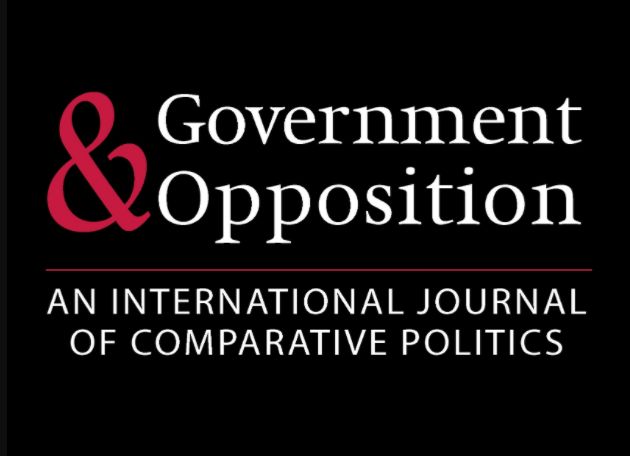Call for papers Government and Opposition - Special Issue Proposal

Edited by Ali Saqer, ADA University, Azerbaijan and Juliette Schwak, Franklin University Switzerland
This special issue offers a comparative analysis of the use of benchmarking in the making of public policy in Europe. The role of benchmarking in governing modern statehood has received increasing attention within Public Policy studies. In the literature, benchmarks are thought to shape the content of public discourses about what constitutes sound public policy (Broome et al., 2018; Snyder & Cooley, 2015; Verloo & Van der Vleuten 2009; Hass, 1992). In addition, most accounts argue that benchmarking alters the behaviour of state actors in ways that reflect the interests of the benchmarking organisations and sustain the power relations built into the benchmarks (Stone 2013; Sklair 2011; Fougner, 2008; Van Apeldoorn 2000). As public policy within the state is (re)configured in response to the expert knowledge reflected in the benchmarks and their associated rankings, then benchmarking effectively serves as a tool for 'governing the state at a distance' (Broome & Quirk, 2015; Kelley & Simmons, 2015). Yet, much of this scholarship offers little evidence of how benchmarks operate in this fashion to shape domestic public policy. Few contributions have been made from public policy studies to explore in more depth how benchmarks are used and how the transnational discourses they produce translate into domestic policymaking (Porter, 2015; Clegg, 2015). Given the prominence and continuing proliferation of benchmarks (Global Benchmarking Database, 2020), there is a need to understand how, when, why and where they matter.
This special issue therefore highlights key aspects of the ways in which benchmarks interact with and shape policymaking processes in Europe. Through a comparative study of the use of benchmarks in the formulation of public policy at a national and regional level, this special issue emphasises not only the motivations behind the production of benchmarks by public and private actors but also the factors and actors influencing how, when, why and where benchmarks are utilised by policymakers to make political-economic decisions or justify political-economic change. In doing so, it establishes a more elaborate account of the link between benchmarking practices and discursive regimes, and domestic policymaking.
The case studies included in this special issue provide empirically grounded accounts of how, when, why and where benchmarks matter, and to whom. Benchmarks are key instruments in the EU's Open Method of Coordination and shape policy in a large array of sectors (Room, 2005). Specifically, the articles in this special issue focus on the use of social and economic benchmarks by European governments and by European institutions, as policymakers often use these benchmarks to justify political-economic changes in a context of neoliberal austerity. For instance, viewed as a gateway to solving the structural weaknesses of European economies and building a socially and environmentally sustainable Europe (Dobrovic et al., 2020; European Round Table of Industrialists, 2019, European Investment Bank, 2016), competitiveness has occupied a central position on the agenda of key political institutions in Europe such as the European Commission's Europe 2020 Strategy and the European Council's New Strategic
Agenda 2019-2024. European institutions and member states' governments have incorporated competitiveness benchmarks in their political-economic strategies at a regional and national level (Bruno, 2009; Bruno et al., 2006). Benchmarks have also been extensively used to shape EU educational policies (Erkkilä, 2013; Holford, 2008; Klatt, 2020; Lawn, 2006; Grek, 2008).
Therefore, by exploring how domestic politics and actors condition the use, and utility, of global benchmarks, this special issue contributes to deepening and broadening existing accounts of policy continuity and change in contemporary European statehood. It sheds light on the role, and motives, of state officials in managing national economies and the state's relationship with benchmarks. Hence, this special issue offers novel avenues for conceptualizing the production and use of benchmarks and the extent of, and limits to, the influence of benchmarking organizations in shaping contemporary national policymaking in Europe.
To this end, this special issue brings together contributions that speak, but are not limited, to the following questions:
- How do global and regional benchmarks feed into domestic public policy?
- Do benchmarks shape policy and are they used purely for instrumental or ideological reasons pertaining to specific governance contexts?
- Do states respond similarly to negative or positive benchmarking?
- Do different political regimes receive and use benchmarking differently?
- What do benchmarkers do (if anything) to get states to use their benchmarks?
The proposal will be sent to Government and Opposition. Interested contributors should send a title by January 20 to the following addresses:
